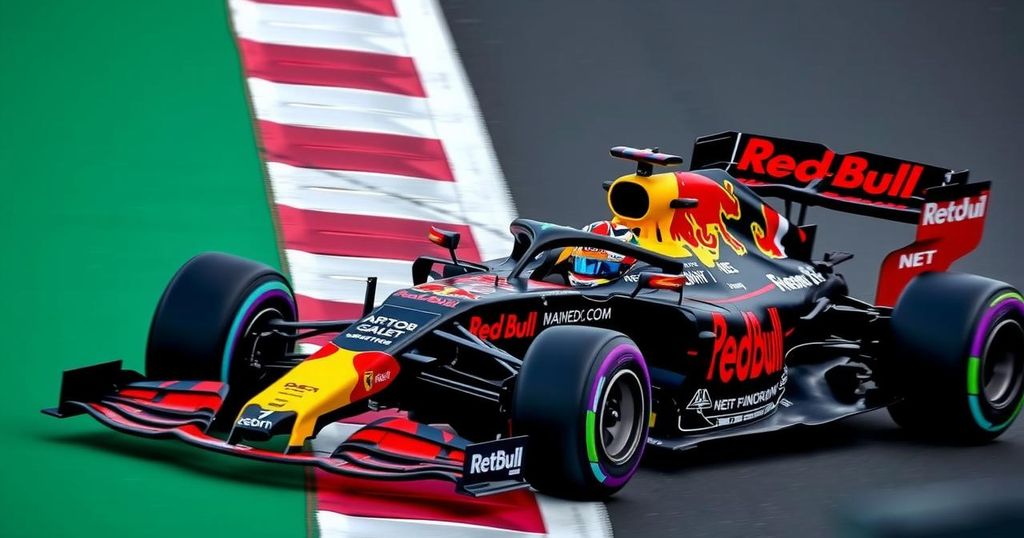Max Verstappen Investigated for Potential VSC Rule Breach at Brazilian GP Sprint
Max Verstappen is under investigation for a possible virtual safety car infringement during the Brazilian Grand Prix sprint, where he finished third, minimizing point losses to nearest rival Lando Norris. Despite his strong performance, concerns were raised after a virtual safety car was deployed due to an incident involving Nico Hulkenberg’s Haas. Following the race, Red Bull team principal Christian Horner defended Verstappen, stating he saw no issues with his driving. Verstappen also faces a grid penalty for engine changes ahead of the main race.
Max Verstappen, the current leader in the Formula 1 championship, is under investigation due to a potential violation of virtual safety car (VSC) regulations during the Brazilian Grand Prix sprint race. The incident arose after the deployment of a virtual safety car triggered by the Haas vehicle of Nico Hulkenberg, which stopped alongside the track. Verstappen finished third in the sprint, successfully minimizing the loss of points to his chief rival, Lando Norris, who emerged victorious after an orchestrated team maneuver with McLaren teammate Oscar Piastri. Despite this performance, Verstappen now faces scrutiny regarding his conduct during the VSC. Currently, he holds a 45-point lead in the championship race, attempting to defend his title amid challenges from both McLaren and Ferrari, who have demonstrated superior performance in recent races. It should also be noted that Verstappen has already incurred a five-place grid penalty for the upcoming Brazilian Grand Prix due to an engine change exceeding his allocation. According to the regulations regarding virtual safety cars, drivers are mandated to reduce speed and comply with minimum time limits throughout the designated sectors during the VSC procedure. The precise regulation under which Verstappen is being investigated remains unspecified. Red Bull Racing’s team principal, Christian Horner, expressed confidence regarding Verstappen’s performance, stating that he “didn’t see anything wrong” with the driver’s actions during the sprint.
The Brazilian Grand Prix has recently gained significant attention in the Formula 1 calendar, particularly due to its thrilling races and the fierce competition among top teams. As a key event in the championship, it showcases not only the drivers’ skills but also the strategic elements teams employ to gain advantages. In this context, the virtual safety car serves as a critical regulatory mechanism ensuring safety on the track, particularly when incidents necessitate a temporary halt in full racing speeds. Regulations surrounding VSC protocols are strictly enforced to maintain racing integrity and safety, calling for drivers to adhere to speed limits and minimize risks to themselves and others during these periods.
In summary, Max Verstappen’s investigation for a potential virtual safety car rule breach adds an intriguing layer to the competitive dynamics of the Brazilian Grand Prix. While the championship leader successfully navigated the sprint race to minimize point losses, the ongoing inquiry into his adherence to VSC regulations could influence his standing and performance in future races. With a substantial lead in the title race, he remains a focal point of interest amid increased scrutiny regarding Red Bull’s tactics and their competitiveness against McLaren and Ferrari.
Original Source: www.autosport.com




Post Comment